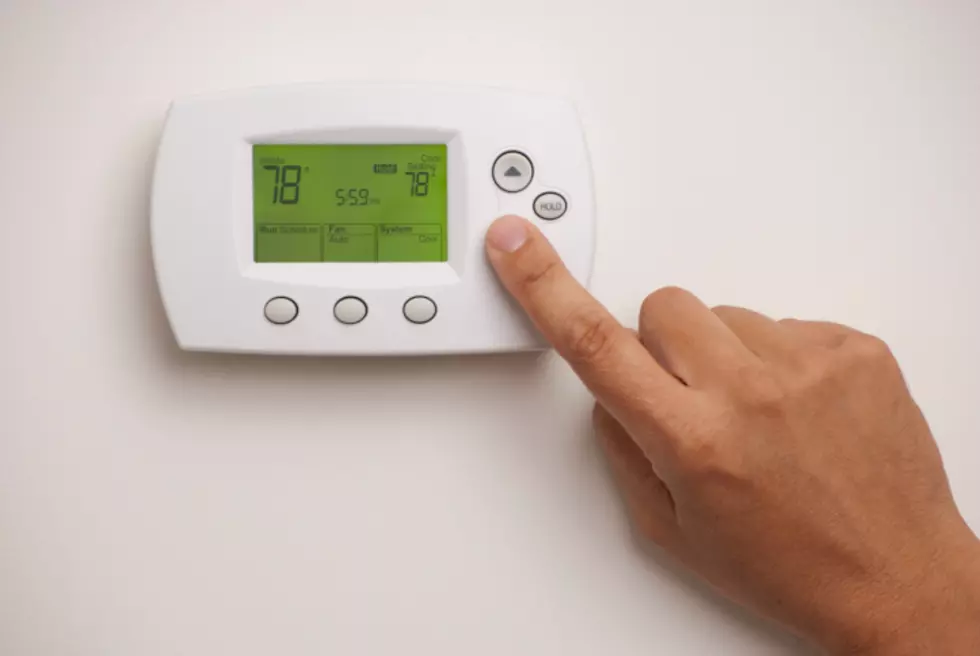
Snoring, Inflammation & What You Can Do to Better Your Health
Did you know that when you have sleep apnea, you are choking on your tongue? If you, or someone you love, snores, then this article is for you. EVEN IF YOU THINK YOU DON'T SNORE, please continue to read this article. And, as always, if you think you have a medical issue, contact your physician.
Imagine you are sleeping, and every fifteen minutes or so, you stop breathing. You end up snoring. No big deal, right? Wrong, according to Dr. Tony Souileau. These interruptions are terrible for your heart and the rest of your body. In fact, some of the latest research shows that snoring can be more deadly to you when it comes to heart issues than smoking. Let that sink in,
I have had a CPAP machine for years now, so I know what it's like to have to wear the machine each night to make sure that when I do stop breathing, it will help me. What I learned after sitting down with Dr. Tony Soileau was a wealth of information about how sleep apnea is not only interrupting our lives but the domino effect on our bodies is tremendous.
Dr. Soileau has been researching sleep apnea and its complicating factors for years. He points out that the body is fascinating. It knows what to do to keep us alive, but if there is an issue, it can wreak havoc on your whole body. He believes that sleep apnea is connected to multiple conditions that many of us face.
One example Dr. Soileau spoke to me about is thyroid issues, particularly in women. He says when you have sleep apnea you are choking on your tongue. When you choke, he says, cortisol, the fight or flight chemical, kicks in, so you will wake up and breathe. He says the two main functions of cortisol are to help us deal with stressful situations and to help us wake up in the morning. If you keep choking over and over during the night, when the cortisol is released, it triggers blood sugar to be released. Imagine that happening repeatedly all night long! That's not going to be good for your body. He says cortisol stops the conversion of T4 to T3. Why should we care? Because T3 is the hormone you need for your thyroid to work correctly. Soileau says they don't test cortisol levels, and that would be tremendously helpful in finding out what your body is doing. You're choking while sleeping because of your sleep apnea, and he says this is contributing to thyroid problems.
Think about your blood sugar issues, if you have them. If cortisol is being released each time you are not breathing, your blood sugar spikes, and then your body reacts by giving your system insulin from your pancreas. Over time Soileau says, you end up with insulin resistance.
In addition to your issue now with insulin resistance, insulin is an inflammatory hormone. So your body is dealing with inflammation, over and over and over. Soileau says by being fitted for a mouth appliance to move your lower jaw forward while sleeping, you are preventing your tongue from falling back into your throat leading to snoring and choking. He contends some patients do need CPAPS, but that they don't fix the fundamental problem which is when we fall asleep, for many of us, our tongue blocks our airway leading to snoring.
The other extremely interesting thing Dr. Soileau discussed with me is about sleep, or the lack thereof, for people who have sleep apnea. Are you getting REM sleep, the most restful sleep, or are you stuck in a cycle where your body never fully lets go because you are continually choking, and then having air pushed into your throat by your CPAP? He says when you stop breathing, your CPAP kicks in, forcing your airway open with air, but he says the result is that your system is still lightly awakened by this process, so cortisol kicks in each time. The big problem with that? Cortisol is the hormone that helps us wake up, so we are still constantly having our system stimulated with a hormone, and that whole thing disrupts our sleep process throughout the night. Here is what Dr. Soileau had to say on this subject when it comes to sleep and your heart:
Could you be spiking cortisol all night? Snoring stops you from breathing, so you gasp and spike cortisol to wake you up. So does this go on all night, and your heart never gets to rest with a CPAP machine? And, since these continual spikes of cortisol lead to the spiking of insulin which leads to inflammation in the body does translate into the plaque in your blood that sticks to carotid arteries, for example?
Another thing that Dr. Soileau talked about is that he wishes the term would change from Sleep Apnea to just Apnea. He says this issue happens in the day. He says your snoring is likely caused by the structure of your mouth, so in getting an appliance, you are helping your body get the oxygen it needs. He believes many of the ailments so many of us complain about are caused by apnea.
With all of this happening, does the heart really get to rest? Dr. Soileau says that he thinks one of the biggest numbers on the report written after a sleep study is oxygen saturation. He believes this tells the true story of our starved our organs and bodies become because of apnea. You owe it to yourself to explore his page.
Fantastic Places My Parents Shopped, But Are Gone Now
Politics Can Be Disheartening, But Pets Are Pure Love
Louisiana: Something Great to Talk About
Ten Tips To Reach Your Goals
Flowers That You See In Winter In Louisiana
Christmas Blunders That Happen To Everyone
Things about Christmas That We All Love
More From News Talk 96.5 KPEL









